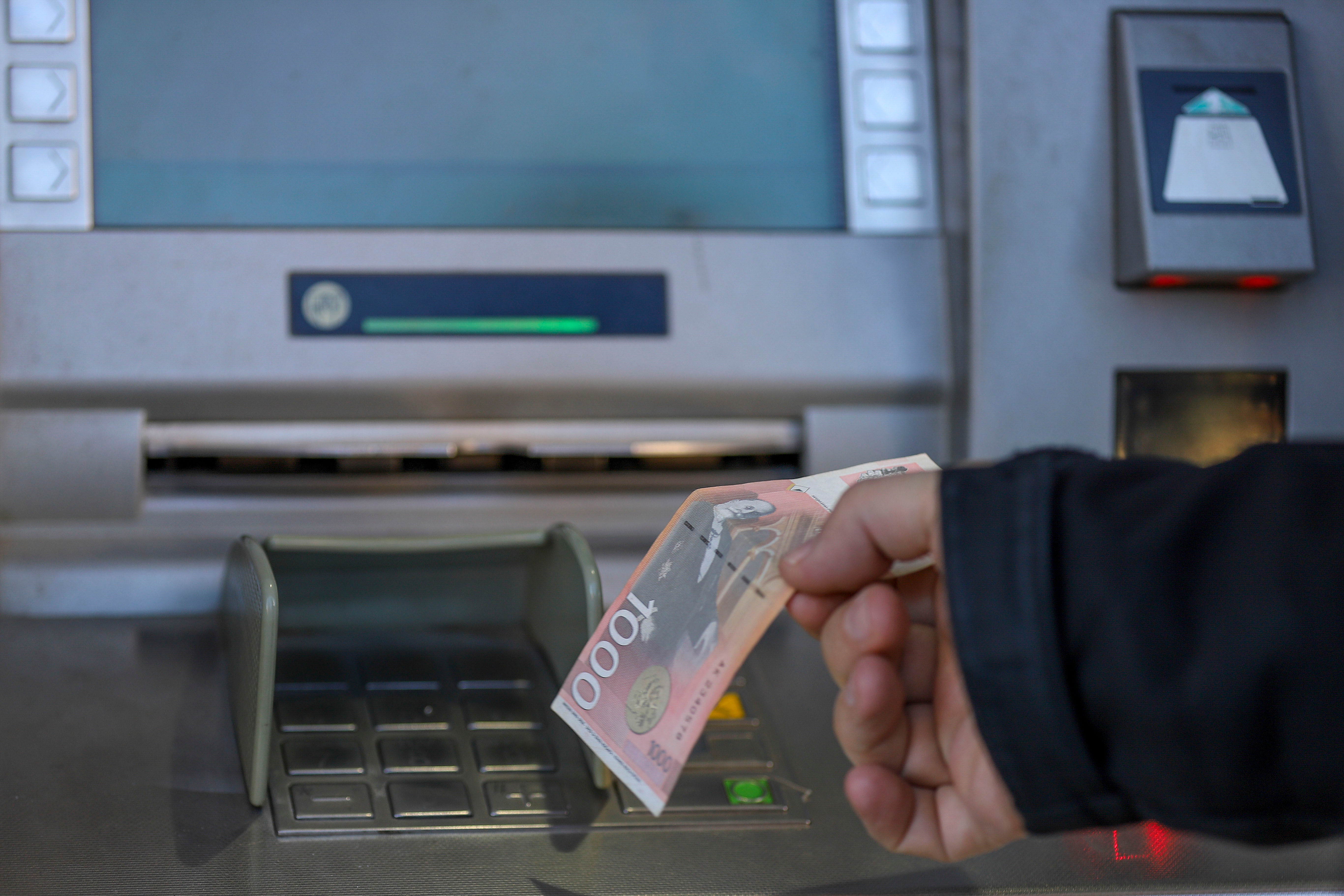EU asks Kosovo to delay requiring ethnic Serbians to use Euros
The European Union on Thursday called on Kosovo to postpone an effort to force ethnic Serbian-dominated areas to adopt the same currency as the rest of the country, as rules that would block use of the Serbian dinar went into effect

The European Union on Thursday called on Kosovo to postpone an effort to force ethnic Serbian-dominated areas to adopt the same currency as the rest of the country, as rules that would block use of the Serbian dinar went into effect.
Most of Kosovo uses the Euro, even though the country is not part of the EU, but parts of its north populated mostly by ethnic Serbs continue to use the dinar. Many rely on the government of Serbia for financial support, often delivered in dinars in cash.
On Thursday, Kosovo's government put into effect rules that ban banks and other financial institutions in the area from using other currencies in local transactions. Kosovo’s Central Bank had issued the new rules last summer.
The decision has sparked concern among Western powers, fearing more tension in Kosovo’s relations with Serbia.
An EU statement expressed concern “about the consequences … on the daily lives of Kosovo Serbs and other communities throughout Kosovo due to absence of prior consultation, in particular on its impact on schools and hospitals, given the apparent absence of alternatives at this moment.”
Kosovo told the EU that it would ensure “the new rules do not have a negative impact or penalize the citizens,” according to Deputy Prime Minister Besnik Bislimi.
The Central Bank reported on Wednesday that the Serbian bank Komercijalna Banka AD Beograd closed its branches in Kosovo.
Serbian forces fought a 1998-99 war with ethnic Albanian separatists in what was then the province of Kosovo. About 13,000 people, mostly ethnic Albanians, died until a NATO 78-air bombing pushed Serbian forces away. Kosovo eventually declared independence in 2008, but the government in Belgrade does not recognize its neighbor as a separate country.
Brussels urged Kosovo to extend the currency transition period and “to find a negotiated solution to this issue in the framework of the EU-facilitated Dialogue.”
The European Union and the United States are pressing both countries to implement agreements that Serbian President Aleksandar Vucic and Kosovo's Prime Minister Albin Kurti reached in February and March.
The EU-facilitated normalization talks have failed to make progress, especially following a shootout last September between masked Serb gunmen and Kosovo police that left four people dead and ratcheted up tensions.
Earlier this week Miroslav Lajcak, the EU envoy for the Western Balkans, said that the two sides have implemented deals on payment for the energy consumed in Kosovo’s north, and on recognizing each others' car license plates.
Both Serbia and Kosovo have both said they want to join the EU, but EU foreign policy chief Josep Borrell has warned that their refusal to compromise is jeopardizing their chances for membership.
___
Semini reported from Tirana, Albania.
___
Follow Llazar Semini at https://x.com/lsemini
Subscribe to Independent Premium to bookmark this article
Want to bookmark your favourite articles and stories to read or reference later? Start your Independent Premium subscription today.
